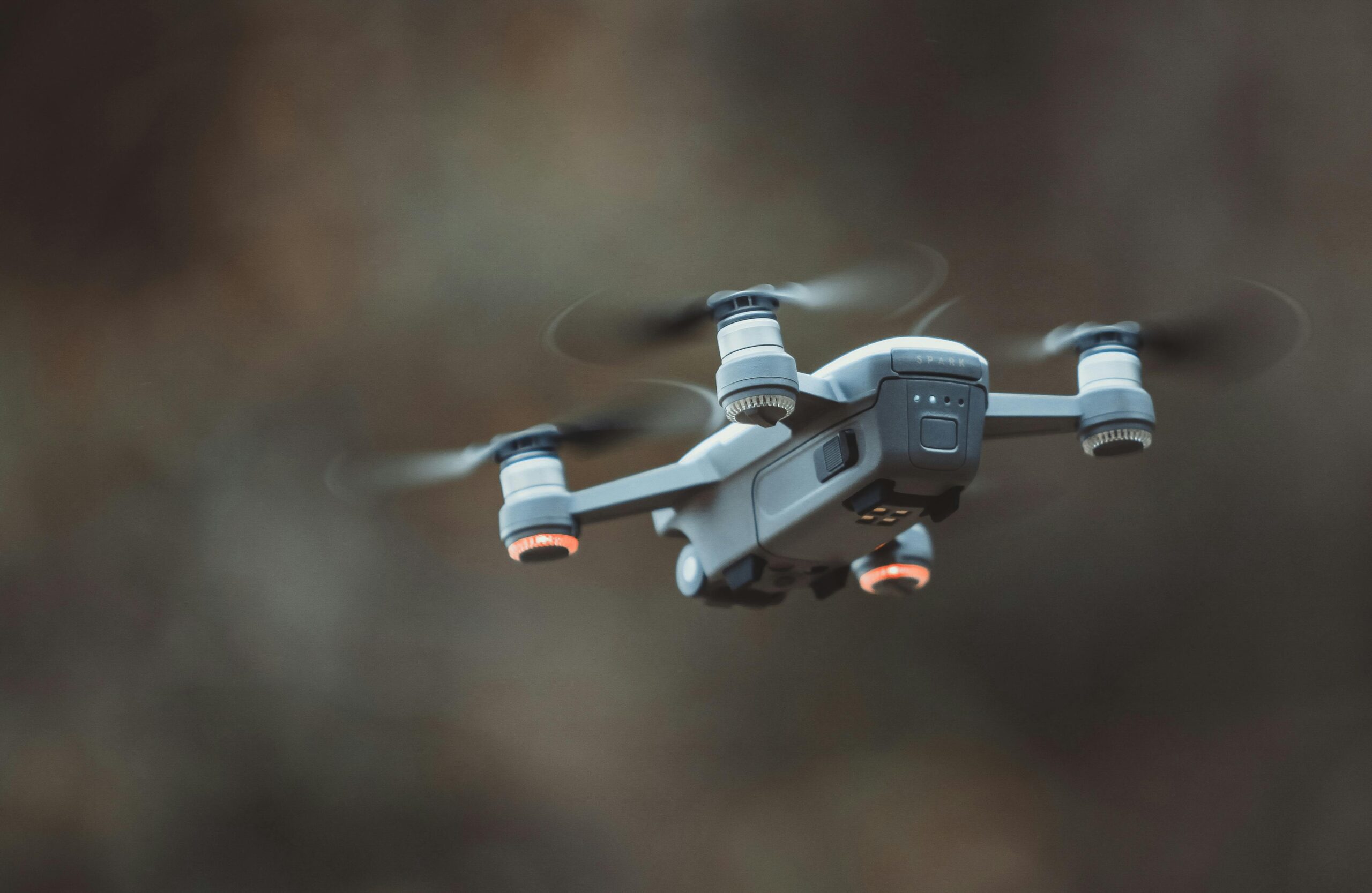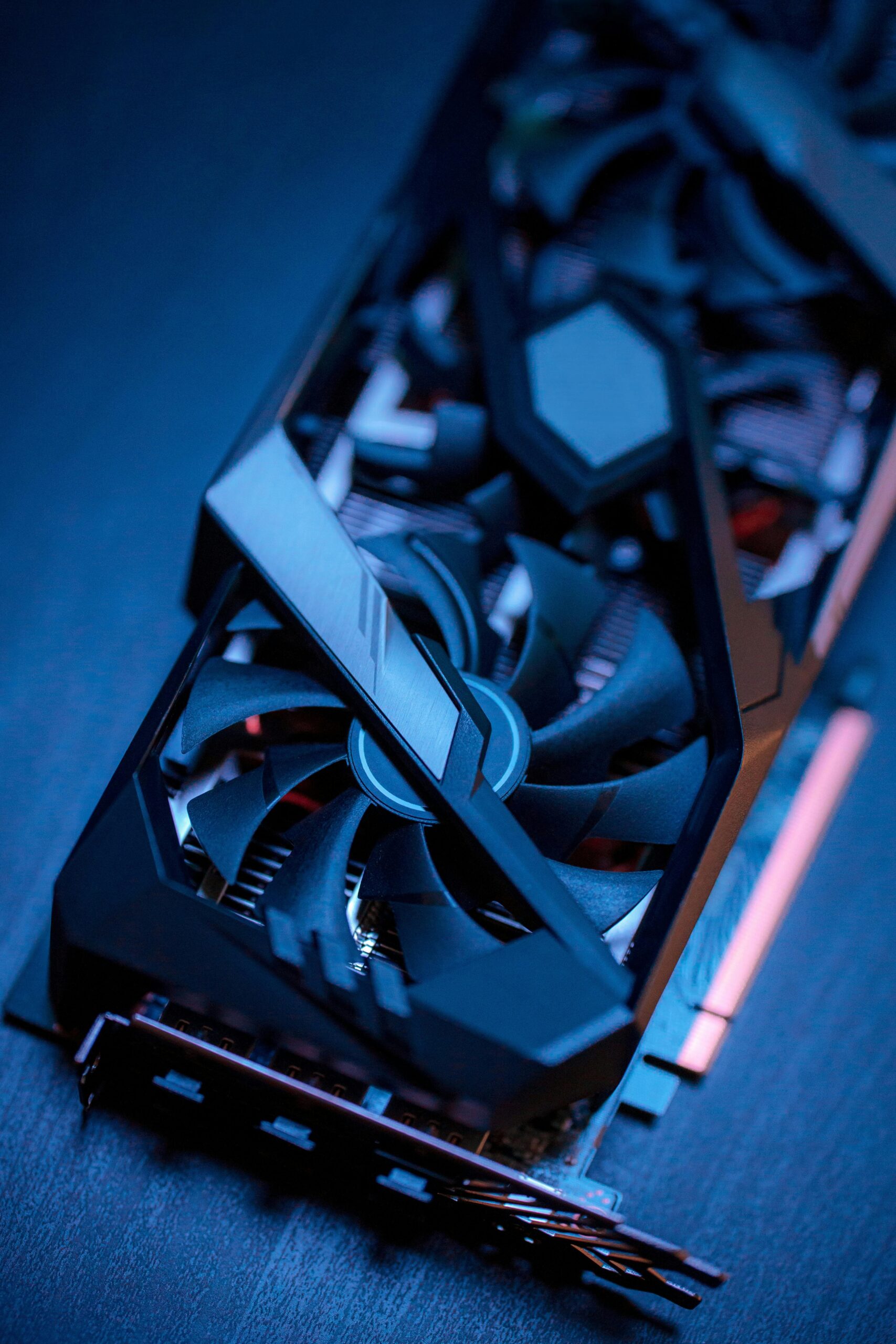In just a few short years, artificial intelligence has shifted from a futuristic concept to a deeply embedded part of our daily routines. As we navigate through 2025, the presence of AI is more prevalent than ever—powering our homes, helping us make decisions, and even transforming how we work, learn, and socialize.
AI in the Home: Smarter, More Intuitive Living
Today’s smart homes are far more than just voice-controlled assistants. Modern AI systems now learn our habits, adjust lighting and temperature based on our moods, and even anticipate when we’ll be home to preheat the oven or play our favorite playlist. AI-powered security systems monitor for unusual behavior rather than just movement, offering more accurate protection with fewer false alarms.
Personalized Healthcare: Early Detection and Custom Treatment
AI has made significant strides in healthcare, especially in preventive medicine. Wearables and health apps now analyze our vitals in real time, spotting anomalies that might be early signs of illness. More impressively, AI algorithms assist doctors by analyzing patient histories and predicting health risks, enabling proactive treatment strategies that are saving lives.
Education Reimagined: Tailored Learning Paths
In classrooms—virtual or physical—AI is personalizing education like never before. Students no longer receive a one-size-fits-all curriculum. Instead, AI systems track their progress and adapt lessons to suit individual learning styles and speeds. Teachers use AI analytics to identify struggling students early and provide targeted support, helping bridge learning gaps quickly.
Workflows and Automation: Redefining Jobs
AI has revolutionized industries by automating routine tasks, freeing professionals to focus on creative and strategic work. In fields like marketing, AI crafts personalized campaigns in seconds. In law, it reviews documents in minutes. Far from replacing workers, AI is becoming an indispensable collaborator—enhancing productivity and innovation.
Ethical Considerations and Future Directions
Of course, as AI becomes more powerful, it raises critical questions about privacy, job displacement, and algorithmic bias. Responsible AI development, transparency, and regulation are essential to ensure the technology benefits everyone. In 2025, there’s a growing movement toward ethical AI that’s fair, accountable, and inclusive.
Conclusion
Artificial intelligence is no longer science fiction—it’s seamlessly woven into the fabric of modern life. As the technology continues to evolve, so too will its potential to improve the way we live, work, and interact. The key will be in balancing innovation with responsibility, ensuring AI serves humanity—not the other way around.







https://t.me/SpeedyIndexBot?start=5236539600 SpeedyIndexBot – service for indexing of links in Google. First result in 48 hours. 200 links for FREE.